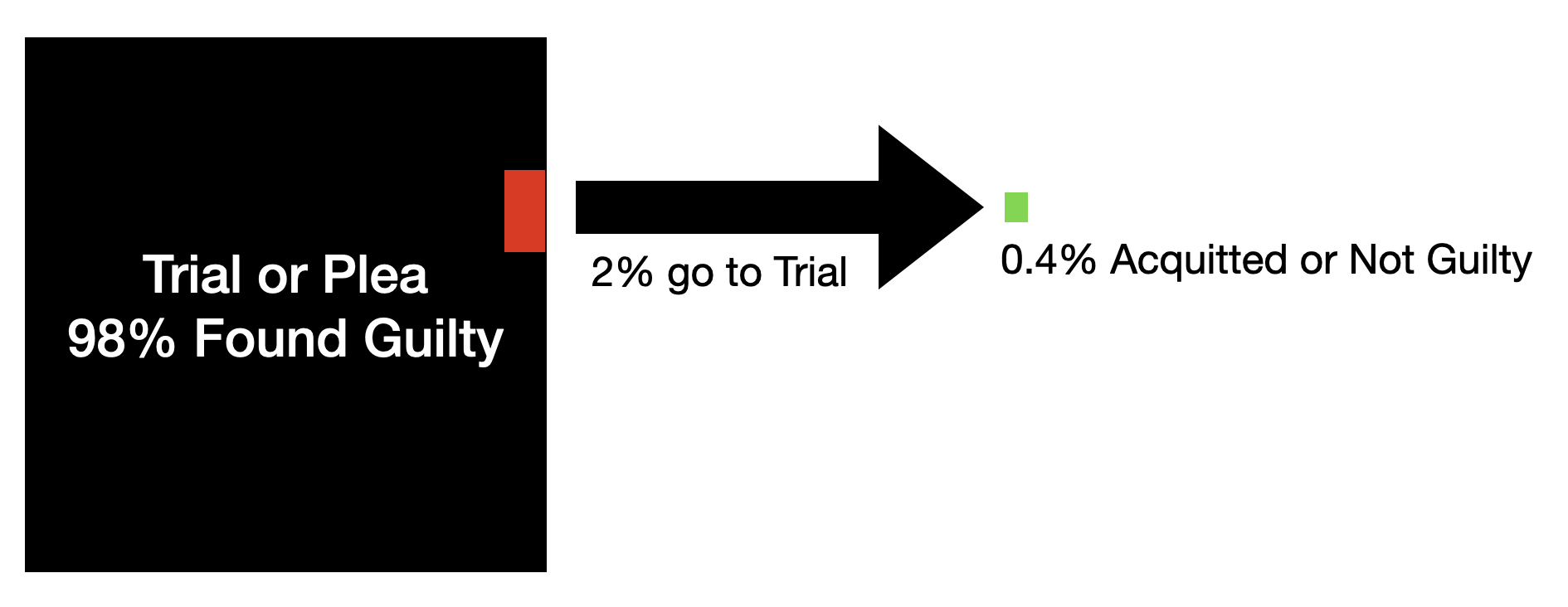Self-Surrender To Federal Prison
You’ve been allowed to self-surrender to a minimum federal prison camp – but find yourself in isolation (or solitary confinement), because your paperwork has not arrived. This does happen, and can be avoided!

For the purpose of this article, we are going to examine the process that follows after the court agrees to let your client self-surrender.
Up until this point, there has been the back and forth between defense counsel, the U.S. attorney, and lastly the court. The defendant’s number one job has been to get their affairs in order and then to show up on the specified day, at their BOP Institution.
The process of getting the court’s order delivered to the specified BOP Institution on time is, for the most part, considered something that automatically happens as the next step in the process. But it is this author’s opinion that at times, the council should reflect on President Ronald Reagan’s famous quote; Trust – But Verify…

Because, in this case, here we have Trust, without the Verification. I offer the following so that more care and empathy for your client can be taken, as you guide them completely through this process.
These steps I believe will help to ensure a smoother, self-surrendering process;
- Verify with all parties that: the receiving facility is in receipt of all the required judge’s orders for your client’s arrival – before they get there, 18 U.S.C. § 3621(c).
- If your client is ultimately designated to a ‘satellite’ camp, let them know ahead of time that they have to present themselves to the adjacent, ‘higher secure facility – and not to the satellite camp.
- Also let them know that at the higher secure facility, they are likely to see prisoners in handcuffs and shackles, guards with long guns, guard towers, etc., so they are not caught off guard.
- This is because each client will deal with the emotional aspects of “prison” in their own way, especially if it’s their first time.
- There they will be screened and given a change of clothes. The clothes that they came with along with peripherals, will then be boxed and returned to their ‘legal residence’.
- Their birth certificate, passport, driver’s license, and social security card all will be kept, to be returned at the end of their incarceration.
Whatever legal papers you have accumulated, just like medical records, these copies can be kept with you as your own personal records. Your PSR, I believe is not allowed to be brought in with your other personal items.
What happens if you depend solely on the process, and do not verify that the court’s orders have preceded your client’s arrival?
Your client was allowed to self-surrender, and the rest was an ‘assumed formality’…
- Upon your client’s arrival, the prison’s guards at receiving had not received any of the court’s orders regarding their sentenced incarceration – which does happen, no matter how infrequently.
- Policy-wise, once they have your client’s birth certificate, passport, driver’s license, and/or social security card, this may only allow the facility to hold your client (meaning that they will not turn your client away), but likely will not allow them to formally admit them into the institution.
- This ‘hold’ option further may also involve moving your client into an ‘isolation’ cell until the court order arrives, which according to staff, “may take up to a month”.
- A core value in this author’s opinion is verifying that the institution has received all of his/her required court-ordered intake documents, before your client’s arrival.
Attorneys’ Reputation and Future Referrals: No one really wants to go to prison. Therefore, while this defendant (and their family), may or may not turn out to be a great referral resource, bad reviews on the other hand can come from anywhere and travel at lightning speed – case in point.
- For those of you who already do this, your clients are grateful – even if they don’t know, or show it.

